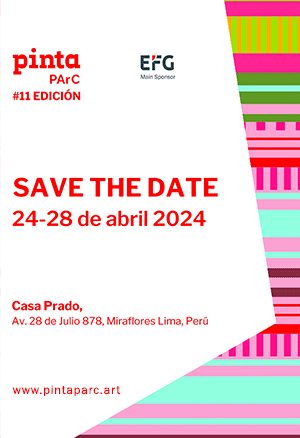Ana Longoni a cargo del área de Actividades Públicas del Museo Reina Sofía
Ana Longoni a cargo del área de Actividades Públicas del Museo Reina Sofía

The Argentine theorist enthusiastic about what she states is the biggest challenge of her career. His area of work "is a crucial part of the radical policy of transformation of the very idea of a museum" that the management has been promoting since 2008. "The goal is to replace the exclusive notion of collection with the idea of common archive, which understands the museum as a space for intervention and a sounding board for public debates," he said.
PhD in Arts of the UBA and researcher of cultural studies in the crossing between art and politics, artistic activism, avant-garde and recent history in Latin America, Longoni had been collaborating for ten years with Reina Sofía. She was the curator of artgentinian artist Roberto Jacoby’s retrospective exhibition “Desire was born of the collapse” in 2011 and participated in the curatorial team of “Losing the human form”, on crossings between art and politics in the 80s in Latin America.
Longoni will decide on educational programs, the library and a large Documentation Center, up to the higher education programs, the programming of conferences, seminars, workshops, audiovisual cycles, performance, experimental music, the policies of collaboration networks of the museum and the Center of studies. "That's the area in which I can contribute the most," he said. "Helping to shape research initiatives that have a cross-cutting impact on other areas of the museum and beyond." Her designation is known simultaneously with Inés Katzenstein’s as curator of the Department of Latin American Art at the MOMA in New York. "We are discussing about developing common projects, in collaboration," she says. "It is, in addition, a sign of recognition to Latin America, which means -hopefully- making way for other logics, fissuring consolidated accounts univocally from the centers, bursting the certainties and reversing the colonial flow.




